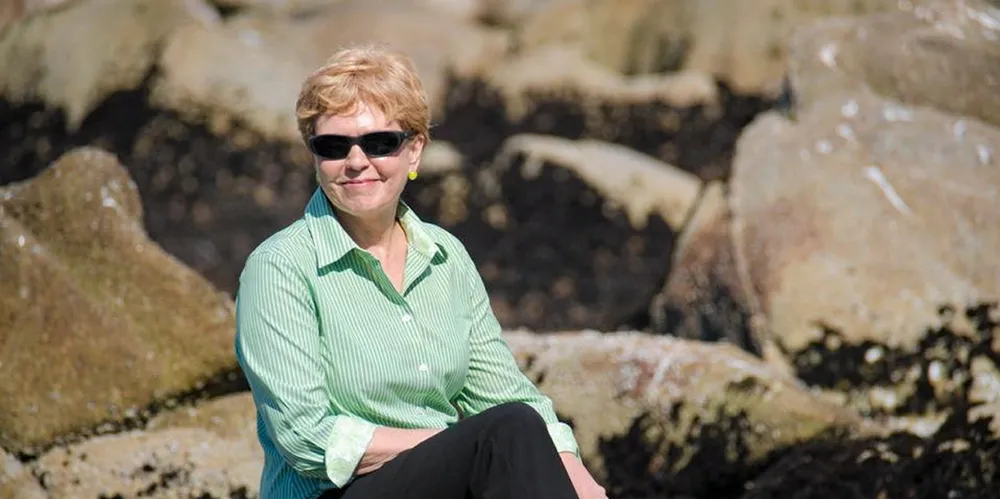Former NOAA chief testifies in support of bill prohibiting fishing in 30% of US waters
Jane Lubchenco, who served under the Obama administration, is advocating for changing ocean management policies in order to slow down climate change.

Jane Lubchenco, who served under the Obama administration, is advocating for changing ocean management policies in order to slow down climate change.
